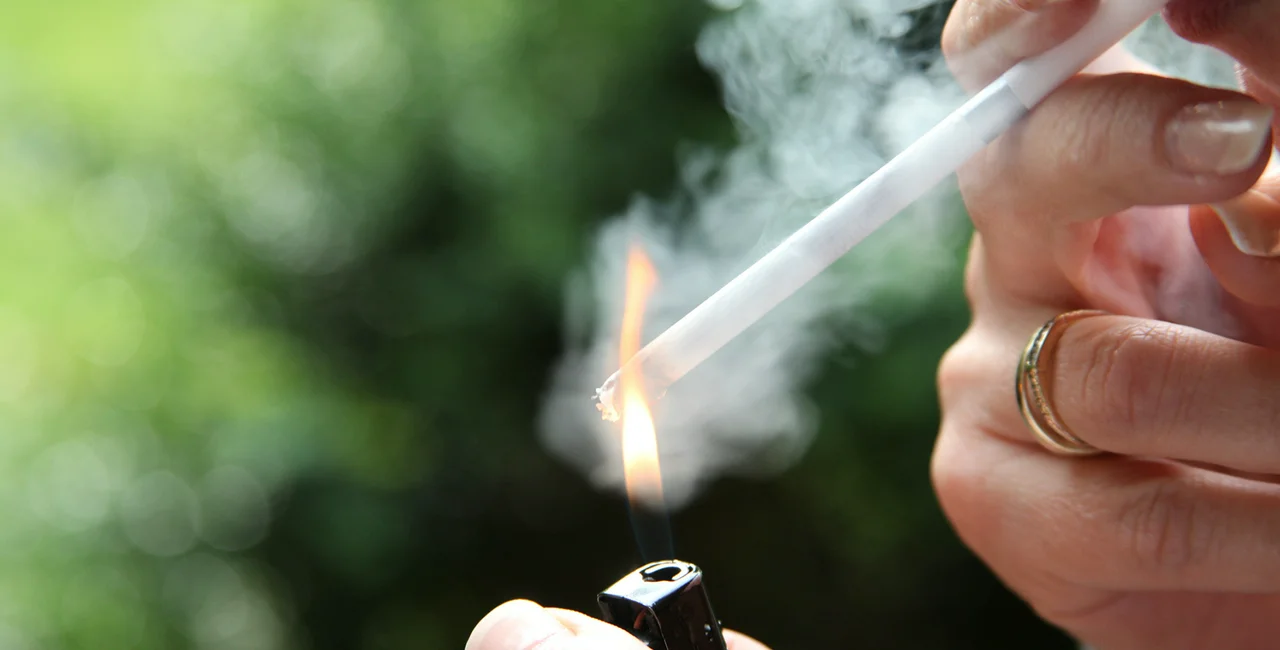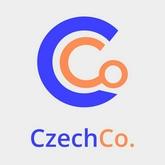The taxation of addictive substances depending on how harmful they are, the launch of a regulated cannabis market, and increased spending on addiction prevention and treatment are among the first steps outlined in the Czech cabinet's draft plan for tackling addiction over the next three years.
National anti-drug coordinator Jindřich Vobořil will present the plan at the cabinet's Monday meeting.
Previously Vobořil told ČTK that he aims to prepare a bill that would enable the legal purchase of marijuana in Czechia under strict conditions. The controlled cannabis market could bring billions of crowns worth of taxes to the state budget, he said.
The new draft plan follows the strategy for addressing nationwide addiction by 2027, laid out by the cabinet of then Prime Minister Andrej Babiš. The previous anti-drug coordinator, however, presented no concrete measures for moving ahead.
Following the establishment of new Prime Minister Petr Fiala's cabinet in the October 2021 general election, Vobořil returned to the post of coordinator he had held prior to the election of Babiš's anti-drug coordinator.
Instead of reworking the Babiš cabinet's strategy, the new anti-drug coordinator has drafted a plan outlining concrete steps to be taken in the face of rising addiction, as well as the regulation of the cannabis market, a hot topic among politicians in recent years.
The Fiala cabinet's plan, however, adds new points on taxing harmful substances.
"The action plan will have five clear priorities. The controlled market, taxes, i.e. their improved collection, and a definition of the tax policy. This is something new in our action plans," Vobořil told ČTK.
The remaining three priorities are prevention and treatment, the promotion of the relevant steps in the EU, and the preparation for possible impacts of the refugee wave, he said.
In its policy statement, the Fiala cabinet wrote that it aims to tackle addiction based on scientific data and vowed to secure enough money for prevention and services in this area. The PM's cabinet said the regulation of addictive substances should correspond to the extent of their harmfulness, which should also be reflected by excise taxes.

According to the draft plan, 1.5 to 2.1 million people in the 10.5-million Czech Republic are daily smokers, and up to 980,000 adults drink alcohol every day.
Up to 250,000 people use cannabis and several dozens of thousands use drugs intravenously. Up to 120,000 people are addicted to gambling and 160,000 are addicted to digital technologies.
The state annually collects some CZK 60 billion in excise taxes on tobacco products and some 13 billion in taxes on alcohol.
The tax on gambling annually brings CZK 5.1 billion to the state budget and CZK 4.9 billion to city budgets. On the other hand, society loses CZK150 to 180 billion crowns a year due to health and other consequences of addictions and early deaths, according to the draft plan.












 Reading time: 2 minutes
Reading time: 2 minutes 






























